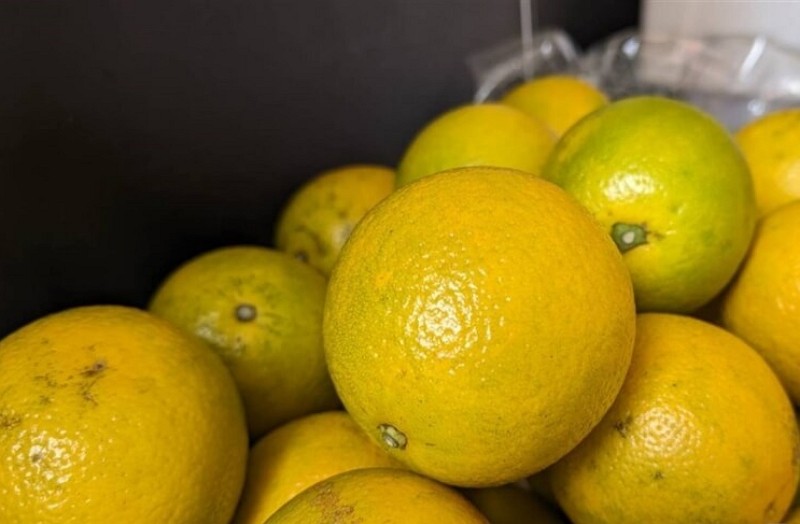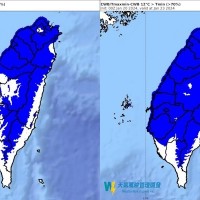TAIPEI (Taiwan News) — A recent study conducted by Taiwan's National Health Research Institute (NHRI) has unveiled pathogenic fungi on the skins of six widely consumed fruits.
The research, part of a larger initiative to monitor antimicrobial resistance (AMR) in pathogenic fungi, identified Candida tropicalis, a fungal pathogen, in 10 out of 17 rind samples from lemons, guavas, mangos, Hami melons, oranges, and pears collected in Taiwanese supermarkets.
Three of the detected strains displayed resistance to fluconazole, a common medication for fungal infections. This raised alarms about the potential risks of widespread contamination.
This revelation follows a historical trend in Taiwan, where higher rates of AMR in fungal infections have been observed since 1999 compared to global averages. A previous NHRI study in 2017 had already detected Candida tropicalis in supermarket fruits.
Lo Hsiu-jung (羅秀容) of NHRI suggested two possible sources for the fungus on fruit skins: transmission through environmental elements such as winds or water, or contamination within the supply chain, potentially from farmers or packaging materials, per CNA.
While the identified pathogen poses a limited threat to healthy individuals, Lo emphasized the potential risk to immunocompromised individuals, such as those with HIV or severe illnesses. She recommended that consumers thoroughly wash fruits before consumption to mitigate potential health risks.
Meanwhile, Lo expressed concerns about the use of fluconazole in pesticides, as it could contribute to the exacerbation of AMR in treating fungal infections. The findings underscore the importance of continued monitoring and preventive measures to address emerging threats to food safety.

















